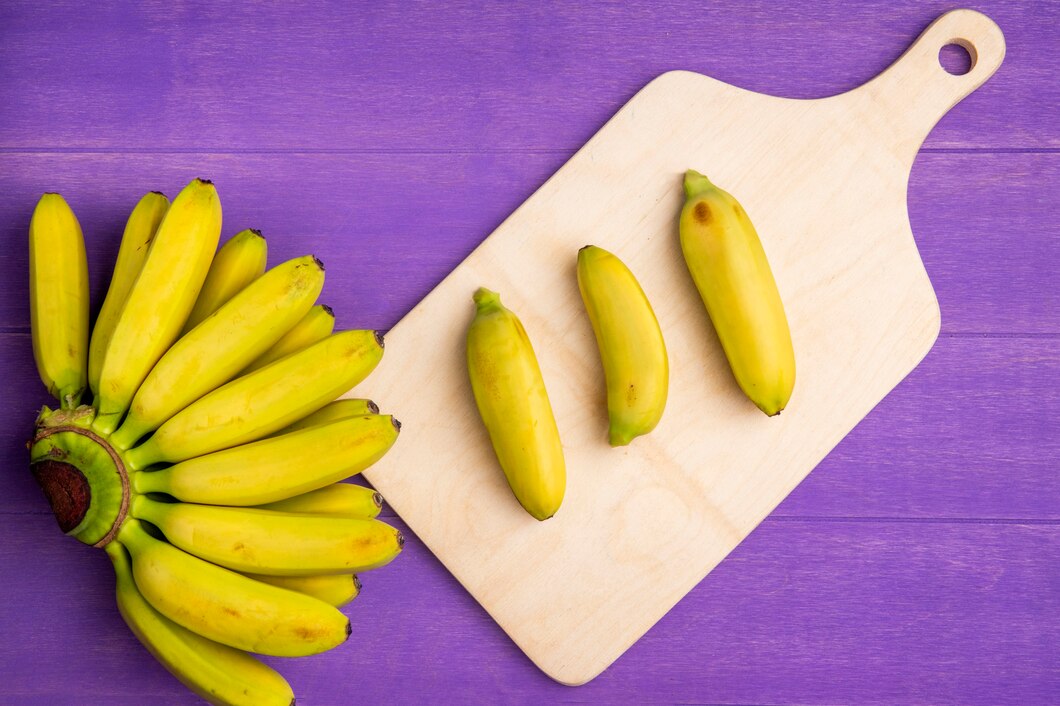Many fruits and vegetables are nutritious and safe to eat when they are fully ripe, but some can be harmful or even poisonous if consumed while unripe. This is due to the presence of natural toxins that decrease as the food ripens. Here are 10 common foods that should be avoided when unripe to prevent potential health risks.
1. Ackee
Ackee is a tropical fruit popular in the Caribbean, particularly in Jamaica. When unripe, it contains hypoglycin A, a toxin that can cause Jamaican vomiting sickness, leading to severe vomiting, hypoglycemia (low blood sugar), and, in extreme cases, coma or death. It’s crucial to only consume ackee when the fruit is fully ripened, and its pods have naturally opened.
2. Green Potatoes
Unripe, green potatoes contain a chemical called solanine, which can be toxic if consumed in large quantities. Solanine is produced when potatoes are exposed to light, turning their skin green. Eating green potatoes can lead to symptoms such as nausea, diarrhea, vomiting, and headaches. In severe cases, it can affect the nervous system, leading to dizziness and even paralysis.
3. Unripe Tomatoes
While ripe tomatoes are delicious and healthy, unripe green tomatoes (not to be confused with naturally green varieties) contain tomatine, a mildly toxic compound. Ingesting large quantities of tomatine can lead to gastrointestinal discomfort, including cramps, diarrhea, and vomiting.
4. Elderberries
Elderberries are often used in jams, syrups, and wine due to their high antioxidant content. However, the unripe berries, leaves, and stems of the elderberry plant contain cyanogenic glycosides, which can produce cyanide when metabolized. Consuming unripe elderberries can cause nausea, vomiting, diarrhea, and, in severe cases, cyanide poisoning.
5. Unripe Bananas
Unripe bananas contain high levels of starch, making them difficult to digest. They also contain resistant starch and a compound called lectin, which can cause digestive issues like bloating, gas, and constipation in some people. While not poisonous, eating unripe bananas can be uncomfortable for those with sensitive digestive systems.
6. Raw Cashews
Though often sold as raw in stores, cashews are typically steamed to remove urushiol, a toxin found in their shells. Urushiol is the same compound that causes rashes when coming into contact with poison ivy. Consuming true raw cashews can lead to severe allergic reactions, including skin irritation and gastrointestinal discomfort.
7. Rhubarb
Rhubarb stalks are commonly used in pies and desserts, but the leaves contain oxalic acid and anthraquinone glycosides, both of which are toxic. Consuming rhubarb leaves, whether raw or cooked, can cause difficulty breathing, seizures, kidney failure, and, in extreme cases, death.
8. Unripe Apricots and Peaches
The seeds of apricots, peaches, and other stone fruits contain amygdalin, a compound that converts into cyanide when ingested. While the flesh of the fruit is safe, unripe seeds (and the kernels inside the pits) should never be eaten. Swallowing a large quantity of these seeds can lead to cyanide poisoning, causing symptoms like dizziness, headache, and vomiting.
9. Unripe Beans
Beans, particularly kidney beans, contain phytohaemagglutinin, a toxin that can cause nausea, vomiting, and diarrhea when consumed raw or undercooked. Unripe beans or beans that have not been properly cooked can lead to food poisoning-like symptoms. To avoid this, beans should be soaked and cooked thoroughly before consumption.
10. Green Almonds
Green almonds, which are eaten as a delicacy in some cultures, contain cyanogenic glycosides in their outer shell and skin. When metabolized, this compound can release cyanide, leading to cyanide poisoning if consumed in large quantities. Only fully mature, processed almonds are safe to eat in larger amounts.
While these foods are generally safe when fully ripe or properly prepared, they can pose health risks when consumed unripe. It’s essential to know which foods need to be ripened or cooked to avoid potential poisoning. By following proper food preparation and consumption practices, you can enjoy the health benefits of these foods without putting yourself at risk.








